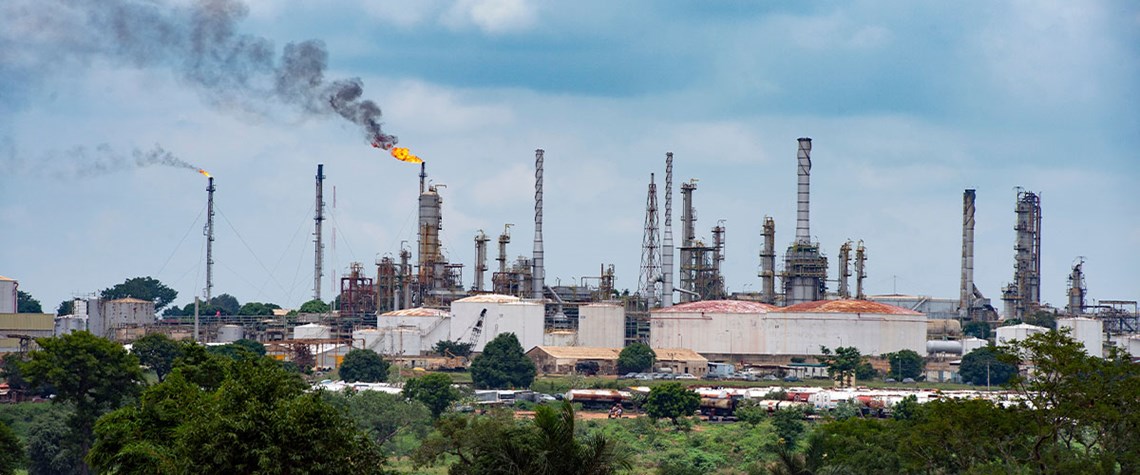Nigeria adapts to end of fuel subsidies
The withdrawal of discounts has already severely impacted domestic product demand and bolstered long-stalled refinery refurbishment projects
Nigeria relies heavily on imports for most of its refined fuels due to the prolonged neglect that led to the closure of local refineries. Until the removal of subsidies this year, the cost of providing discounted fuels was enormous. NNPC expended a staggering NGN4.39t ($5.3b) on petroleum subsidies in 2022, equating to an expenditure of more than NGN365b per month. At the same time, although the country’s oil production is gradually rebounding, it continues to be hindered by crude theft and pipeline vandalism. Statistics indicate that 48.6% of Nigerians relied on generators as of December 2021, although this figure decreased to 40% in 2022, representing approximately 60m people, according to

Also in this section
26 July 2024
Oil majors play it safe amid unfavourable terms in latest oil and gas licensing bid rounds allowing Chinese low-ball moves
25 July 2024
Despite huge efforts by India’s government to accelerate crude production, India’s dependency shows no sign of easing
24 July 2024
Diesel and jet fuel supplies face a timebomb in just four years, and even gasoline may not be immune
23 July 2024
Rosneft’s Arctic megaproject is happening despite sanctions, a lack of foreign investment and OPEC+ restrictions. But it will take a long time for its colossal potential to be realised







